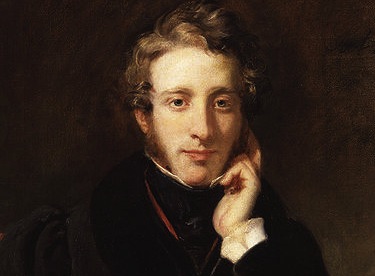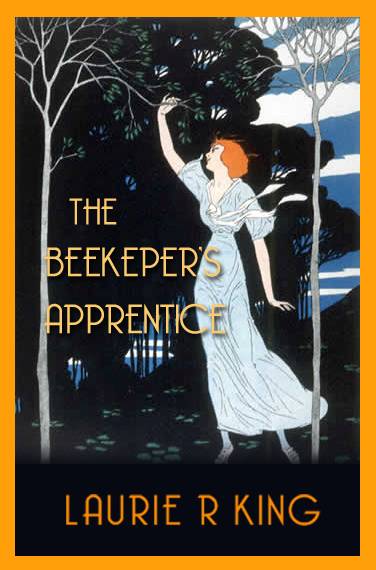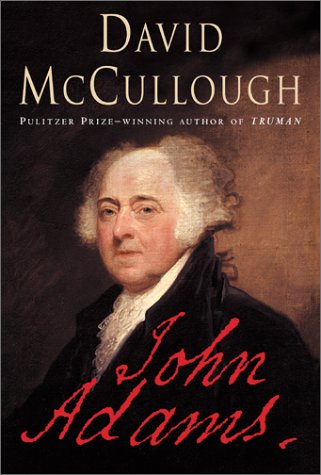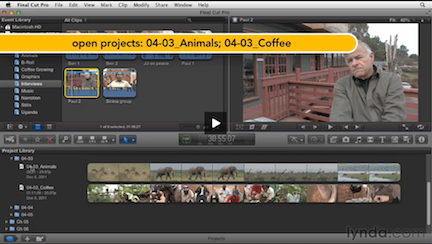The Worst Sentence
April 3, 2012
"It was a dark and stormy night; the rain fell in torrents--except at occasional intervals, when it was checked by a violent gust of wind which swept up the streets (for it is in London that our scene lies), rattling along the housetops, and fiercely agitating the scanty flame of the lamps that struggled against the darkness." -- Edwared George Bulwer-Lytton, Paul Clifford (1830)
A colleague of mine, Susan Merzbach, is a story analyst who reviews scripts for a major film studio in Hollywood. It is often her thumb pointing up or down that determines the fate, or at least the next step, of a hopeful script. I recently asked her how important first sentences are to her when choosing reading material.
"First and second lines of a book, whether fiction or nonfiction, are for me the 'deciders' as to whether I'll buy the book in question," she said. Then she reminded me of the yearly Bulwer-Lytton contest that invites contestants to write terrible first lines, similar to the one above, the original 'worst' sentence winner written by Edward George Bulwer-Lytton, for whom the contest was named.

In my previous blog, I had you look for first sentences that indicate geography or location. Susan looks for more. "First lines tell me the style of the writer, whether there is charm or excitement to be found, and either promises me hours of good reading or hours of boredom." She also pointed to a few of her own first line favorites.
'I was fifteen when I first met Sherlock Holmes, fifteen years old with my nose in a book as I walked the Sussex Downs, and nearly stepped on him.' As Susan says, "That's why I bought and have twice read The Beekeeper's Apprentice by Laurie King."

"Here's another from a favorite biography of John Adams by David McCullough: 'In the cold, nearly colorless light of a New England winter, two men on horseback traveled the coast road below Boston, heading north.' "Based on that and the rest of the paragraph," Susan explains, "I knew the bio, though comprehensive, would have a very human touch as opposed to an impenetrable, scholarly one."

Reading good first sentences such as these – juxtaposed against the Bulwer-Lytton sentence at the top of the blog – reminded me of something I mention in my Lynda.com course on storytelling. You may not always know the best way to begin your story, but you'll probably have a pretty easy time acknowledging when something is really bad. So…

Your Assignment:
Think of the worst possible way you might start your story - either on video or that first sentence of a written piece. Work a little bit at making it really bad! Put two clips together you would NEVER try. Start with what you know you don't want or what won't work, and backtrack from there. Because as you think about how to worsen your opening, you'll in fact be thinking (in reverse) of how you can make it better.

